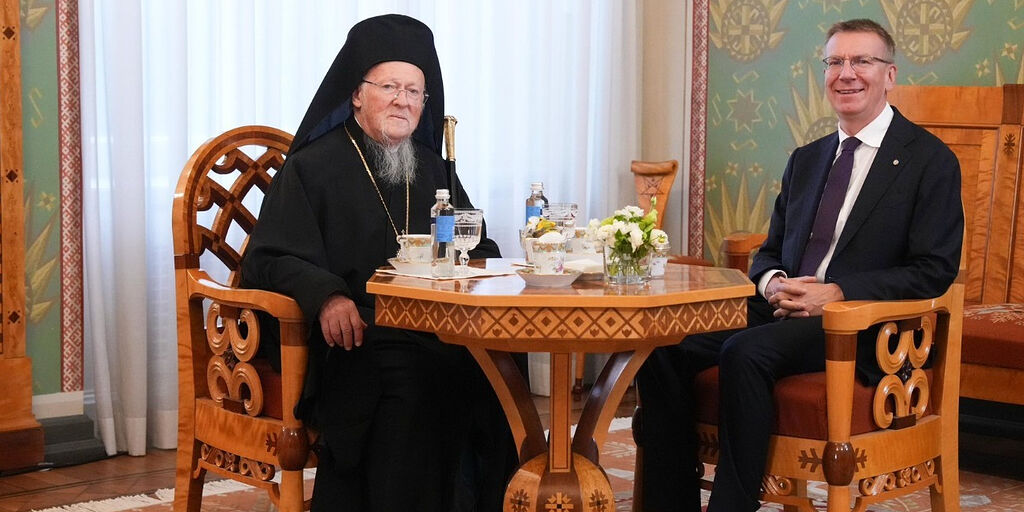For those who don't believe me, here's a video with ample examples:
I can share more if you wish. To untrained ears many might not notice. I have background with Byzantine chant, however, and I'm very familiar with what the isokratis (electronic ison in English) is (many chanters use it to practice). The sound is unmistakable to anyone familiar with it.
So, one parish (or even a random handful in a concentrated region) can condemn thousands of parishes across the country, the world? It doesn't help that your "realities" of GO worship were attained through gossip which led you to post a spiteful comment against the Greek Orthodox Church...
In my area, the GO church has grown significantly and they don't use any of those technologies.So GOARCH is basically having robot Liturgy now? No wonder young people can't take these parishes seriously and are abandoning the faith.
Last edited:

